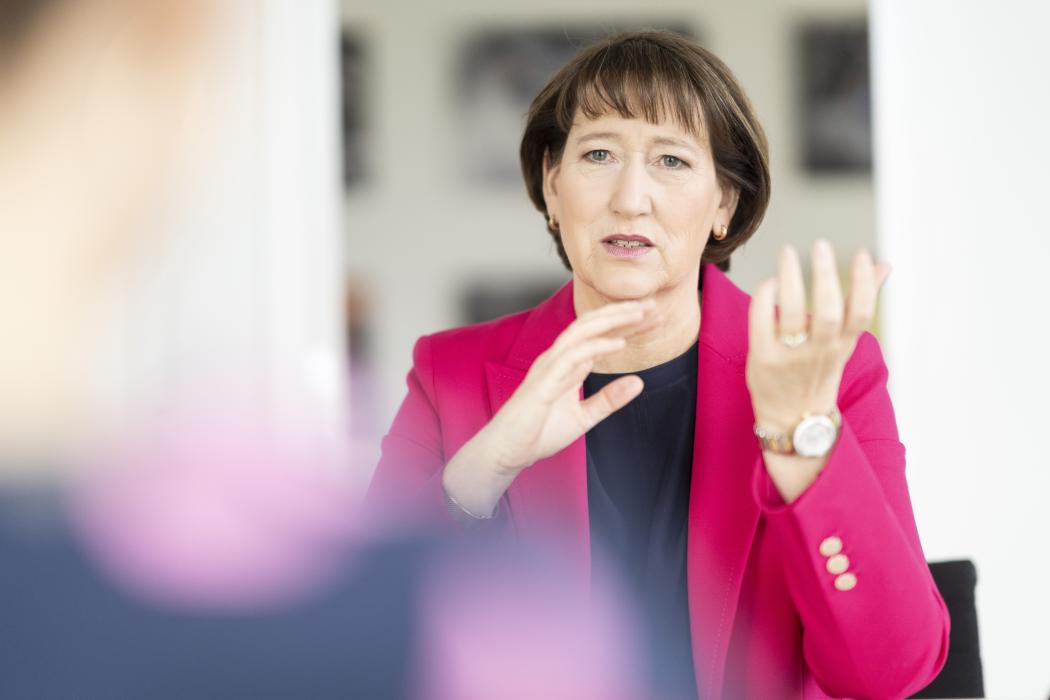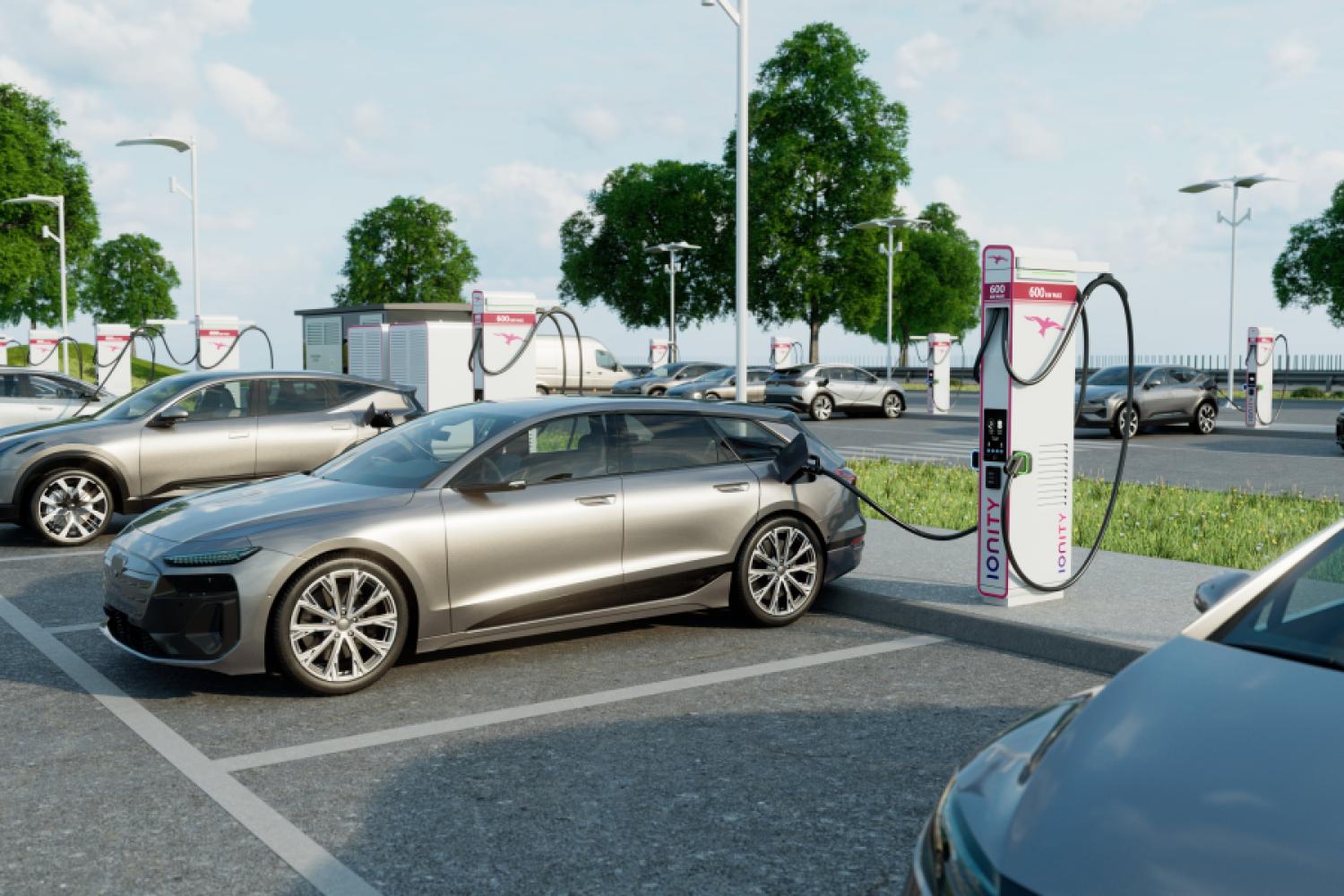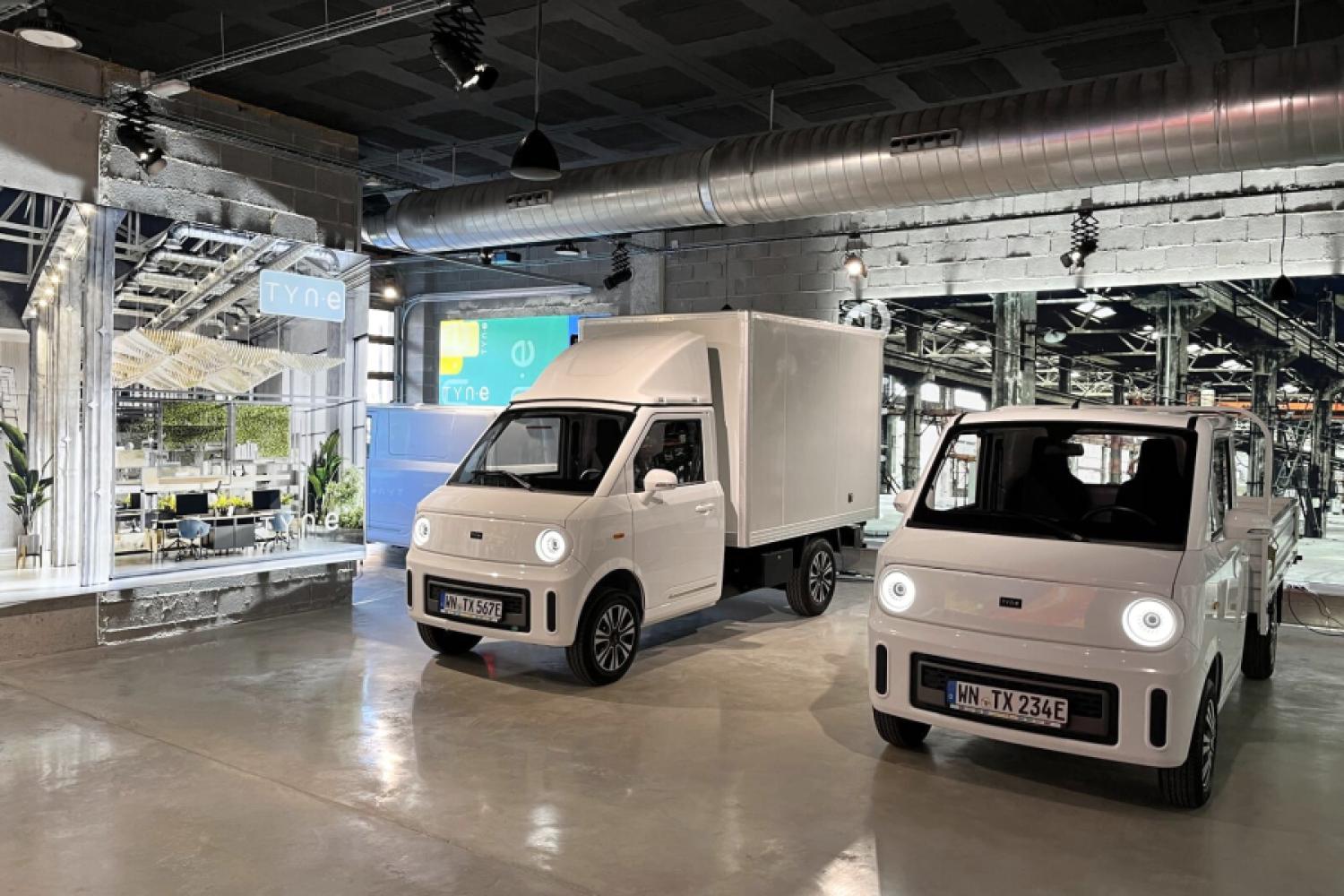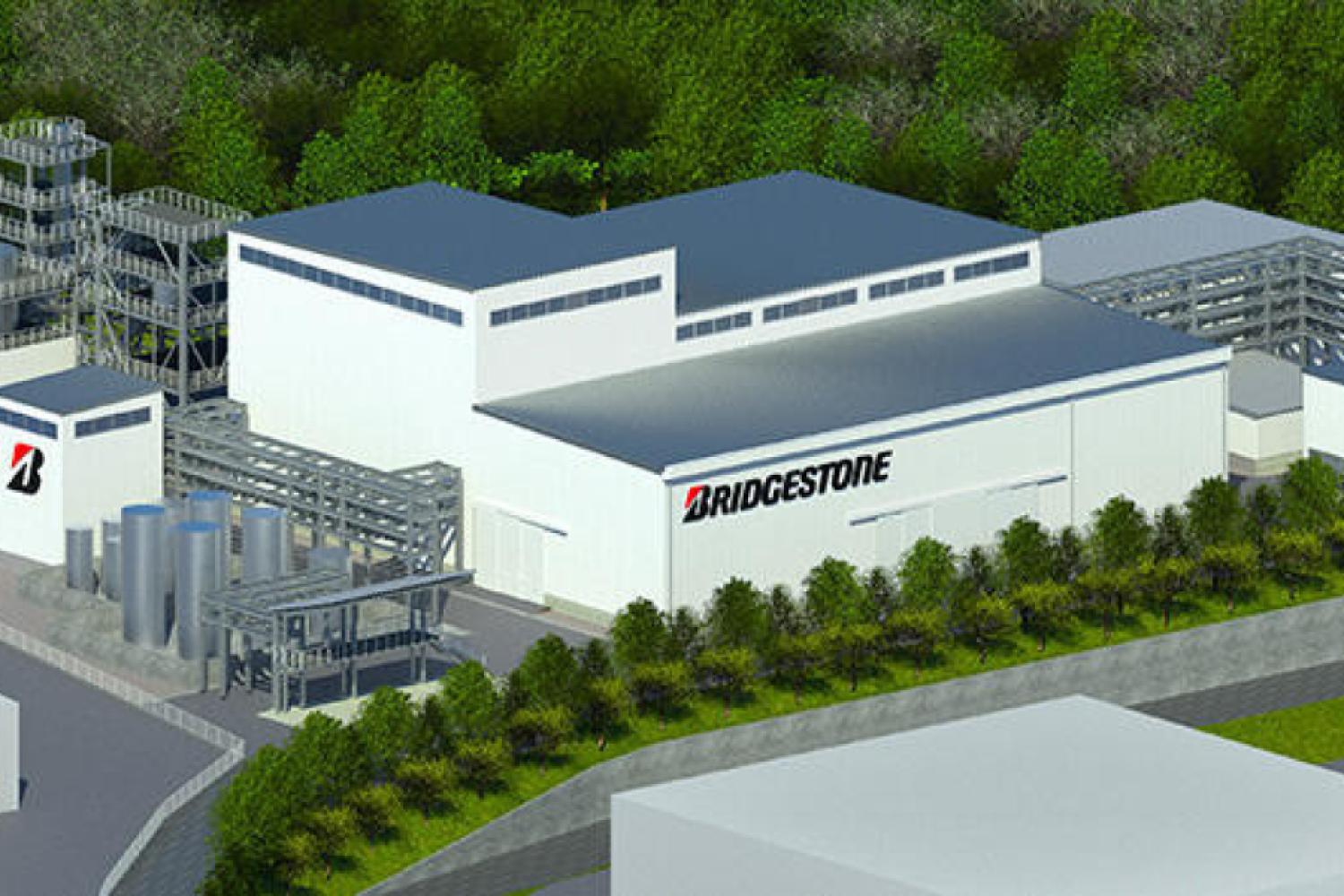Since the establishment of CO2 fleet limits in the European Union, the economic and geopolitical environment has changed significantly. The automotive industry is facing increasing challenges, particularly regarding the transformation to climate-neutral mobility. In a background discussion, Hildegard Müller, President of the German Association of the Automotive Industry (VDA), criticizes the existing framework conditions and calls for improvements in regulation.
Underestimated Challenges and Lack of Infrastructure
According to Müller, the complexity of the transformation to emission-free mobility has been politically underestimated. Alongside geopolitical shifts, increasing protectionism, and economic weaknesses in Germany and Europe, the necessary framework to achieve the ambitious climate goals is lacking. Particularly problematic is the sluggish expansion of the charging infrastructure.
"In three out of ten municipalities, there is still no public charging point, and more than seven out of ten municipalities (71 percent) have not yet installed a public fast-charging point," said Müller.
Distribution is also uneven within the EU:
"58 percent of all charging points in the EU are located in the Netherlands, France, and Germany. Hamburg currently has more charging points than Slovakia or Bulgaria, and Hanover has more than Slovenia."
Additionally, there is insufficient availability of affordable renewable energy.
"Charging must be cheaper than refueling," demands the VDA president.
However, high electricity prices and stalled grid expansion are preventing a rapid electrification of road freight transport. Freight forwarders wanting to switch to electric trucks have to expect years-long waiting times for grid connections.
Criticism of EU Regulation
The automotive industry has invested billions in research and development to bring climate-neutral vehicles to market.
"To continue building the best, safest, most efficient, digital and climate-friendly cars in the future, our companies are investing globally 320 billion euros in research and development alone from 2025 to 2029. Additionally, there are about 220 billion euros in capital investments, especially in plants," explains Müller.
Yet, she sees a massive disadvantage for European manufacturers in international competition.
"Regulation that leads to money possibly flowing from companies in Europe to China and the USA, just to comply with a regulation here – such a thing could only occur in Europe."
Müller therefore demands that fleet limits should not be considered in isolation.
“It is not enough to build electric cars; there must also be a simultaneous strengthening of consumer confidence, particularly through suitable charging infrastructure.”
Instead of just setting ambitious targets, politics must ensure the necessary framework conditions.
Demands of the Industry
In order to successfully manage the transformation, the VDA advocates for a more pragmatic approach:
- The review of CO2 fleet regulations for passenger cars and commercial vehicles should be brought forward to 2025 and be subject to regular political evaluation.
- A phased introduction of limit values (“Phase-In”) should reduce short-term burdens on the industry.
- Penalties must be avoided in the current market situation to not jeopardize investments in innovations.
- Long-term technological openness is essential, for instance, by recognizing plug-in hybrids (PHEVs) beyond 2035 and considering renewable fuels.
- Carbon Neutral Fuels should be classified as CO2-free to promote alternative drives.
- An adjustment of the Renewable Energy Directive, the Energy Taxation Directive, and the Emissions Trading System 2 is necessary to realistically manage CO2 reductions.
Conclusion
Fundamentally, Müller explicitly emphasized, the automotive industry sees carbon neutrality, but considers itself hindered by inadequate framework conditions. Without a rapid expansion of the charging infrastructure, affordable energy supply, and more flexible regulations, Europe could fall behind in global competition – with all the negative consequences that would entail. Politics is therefore challenged, as Müller stated, to implement a “policy of enablement” rather than further burdening the industry with rigid requirements and sanctions.






